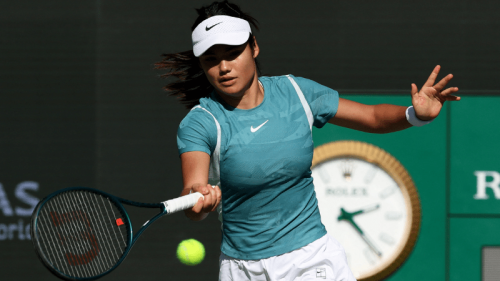THAT rising import prices of pharmaceutical raw materials and increasing production costs of manufacturers have started to reflect in the shortage of several essential drugs that are used to treat life-threatening diseases and mental illnesses is quite disturbing. A report in this paper says at least 40 medicines have practically vanished from the shelves in parts of the country in recent weeks because most producers have stopped importing expensive ingredients due to the regulator’s refusal to jack up retail prices of their finished products. That would have helped them absorb the impact of the rupee devaluation and the surging costs of imported raw materials, energy and transportation. This is just the beginning. The market players have warned of more shortages if the producers’ prices are not raised to help them recoup their elevated production expenses. This unfolding crisis-like situation has been a long time in the making as the industry’s margins continue to shrink owing to escalation in production expenditure. Yet the Drug Regulatory Authority of Pakistan has taken no action to avert the pain that recent drug shortages are causing patients who are forced to either cut down on their daily doses or pay a much higher price to procure these medicines from the black market.
Drug pricing in Pakistan has always been a politically charged subject, resulting in overregulation of the industry. Tight government control over drug pricing often manifests itself in repeated shortages of essential medicines. It also constrains the industry’s expansion despite its huge export potential as it keeps the regulator from enforcing international quality standards. Many foreign companies have exited Pakistan due to shrinking returns on their investment. This must change. It is high time prices of medicines — barring life-saving drugs — were deregulated. Innovative approaches would have to be adopted to protect vulnerable groups, who should get free — rather than cheap — medicines. One way could be the imposition of a levy on the firms’ annual turnover for directly funding procurement of medicines for public-sector hospitals for free distribution among poor patients. This will force Drap to focus on its job of ensuring quality and preventing an influx of spurious and substandard products in the market. Other regional countries like India and Bangladesh have long ago deregulated their pharmaceutical industries. This has helped them grow their respective industries, enforce global quality standards, and expand into the American and European markets by attracting huge domestic and foreign investments. The competition among the producers has forced them to improve their technology and become efficient, which keeps drug prices affordable for the majority of people. If they can, Pakistan can too.
Published in Dawn, August 14th, 2022













































